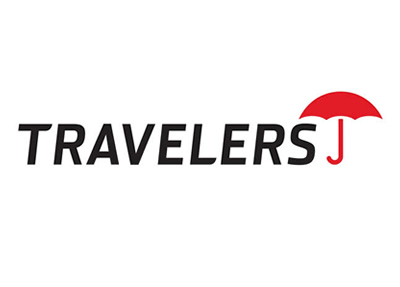Surety Bonds
Surety bonds are a promise by a surety company to pay one party, the project owner, often called the obiligee, a certain amount if a second party, the contractor/business owner often called the principle, fails to fulfill the terms of a contract between the two parties. The bond protects the obligee against losses resulting from the principal’s failure to meet the obligation or contract terms.
Common Insurance Terms
License & Permit Bonds protect customers by guaranteeing the business will comply to the laws and other regulations enforced by the federal, state or local governmental agency. These jurisdictions will require this type of bond when affording a license or permit for a business to perform specific types of work. The obligee is the jurisdiction and the principle is the business performing the work. Some examples of these types of bonds are; auto dealer bonds, auctioneer bond, collection agency bond, contractor license bond, insurance brokers bond, notary bond, Title Agency Bond, and used car dealer bonds.
Fidelity Surety Bonds includes all types of bonds related to the principal fulfilling their obligations to handle someone’s (obligee’s) money or property in a legal fashion and with honesty. If the principle defaults on their obligation the surety company will pay the oblige up to the amount of the bond. The surety bond company then seek payment from the principal. Examples of these types of bonds are; Erisa Bonds, employee dishonesty bonds and Janitorial Service Bonds.
Fiduciary Surety Bonds (Court bonds) is considered a faithful performance guarantee in relation to the administration or execution of someone else’s estate. Many courts require a fiduciary bond in order to protect the person for whom the fiduciary is acting. A fiduciary’s responsibilities can range from giving financial advice to managing an entire state. These types of bonds include; Administrator bonds, Guardian Bonds, Trustee bonds, Conservator bonds and executor bonds.
Public official bonds help guarantee the public that the public official will honestly and faithfully perform their duties of their elected or appointed office and comply with all governmental laws and regulations. This bond is often used for public officials that handle money. Some examples of this type of bond is; County Clerk bonds, tax collector bonds and treasurer bonds.
Court Bonds are bonds that are required by the courts in various proceedings. These bonds are often needed to reduce the risk of financial loss or ensuring the fulfillment of a court appointed assignment. The more common court surety bonds are; Attachment bonds, court cost bonds, indemnity to sheriff bonds and replevin bonds
Bid bonds are often required of a contractor submitting a bid on a project. The bid bond provides a guarantee to the principle that the obligee will undertake and perform to the requirements of the contract for which they are bidding.
Payment bonds provides security to the principle of the project that the sub-contractors and suppliers on a project will be paid by the contractor(obligee) performing the work. These bonds are normally written in partnership with the performance bond.
Performance bonds provide security to the principle that the winning contractor(obligee) on a project will complete the contract according to its terms including scope, price and time. These bonds cover 100 percent of the contract price and if payment is made on the bond due to a default of the contract, the surety company will seek recovery from the contractor (obligee).
Subdivision bonds is a type of performance bond required by the state or locality in which the subdivision will be built. This bond is designed to protect the owner/developer who is considered the principle of the project.
Supply bonds guarantee a supplier will provide the supplies and materials for the client as contracted. Supply surety bonds protect the client from project losses due to unavailable supplies and/or materials.
Site Improvement Bonds covers public property being worked on by independent contractors. Site improvement bonds guarantee improvements will be made according to the requirements of the contract of the governing authority.
Miscellaneous Surety bonds encompass a category of bonds that do not fit into any specific category of surety bonds. These are normally non-contract type surety bonds. Examples of these type of bonds are; Lost Title Bonds, Lost Securities Bonds and Utility Bonds.
Contact Us Today
Fax: (303) 270-5449
Email: 4ginsurance@gmail.com
Location:
11859 Pecos St
#202
Westminster, CO 80234
Agency Hours:
Weekdays: 9:00am - 5:00pm
We're proud to represent great insurance carriers like:
















